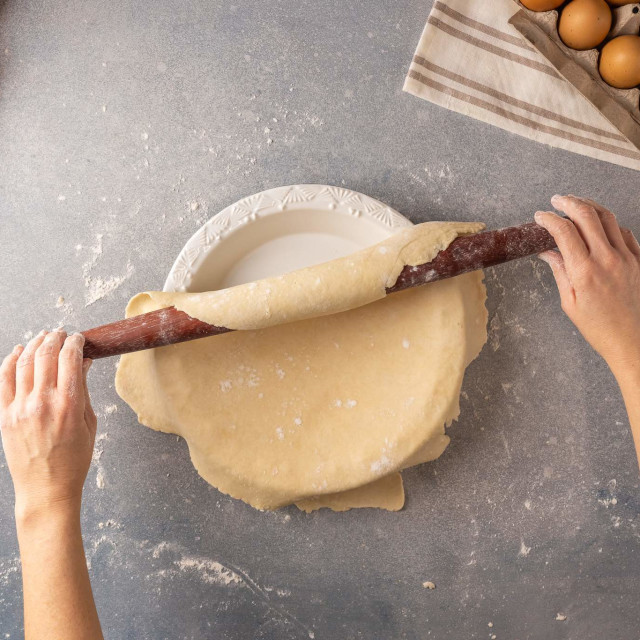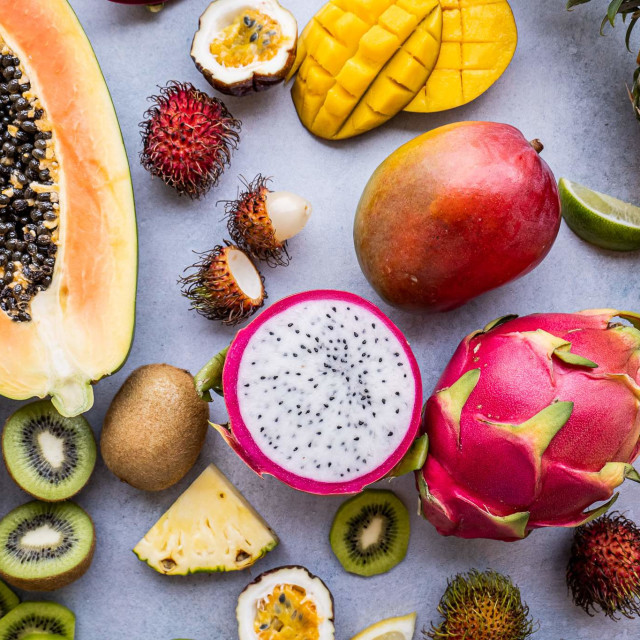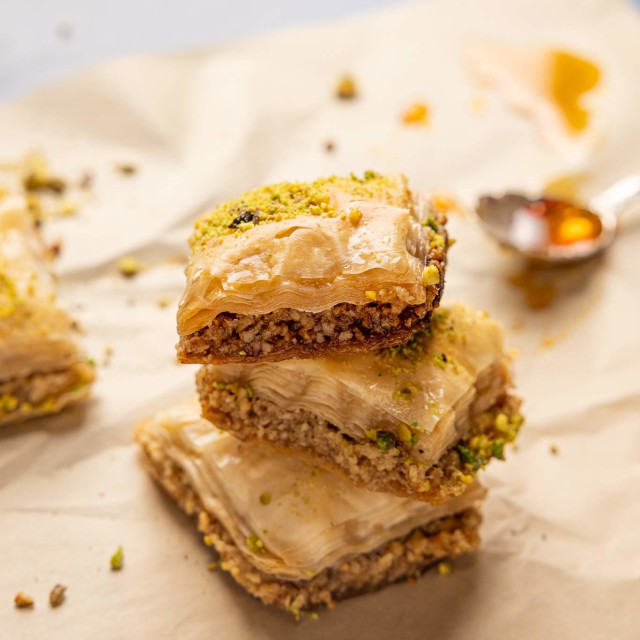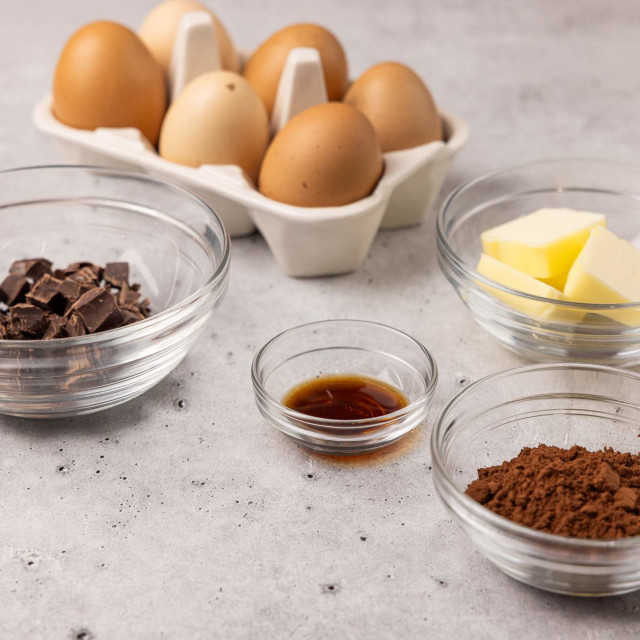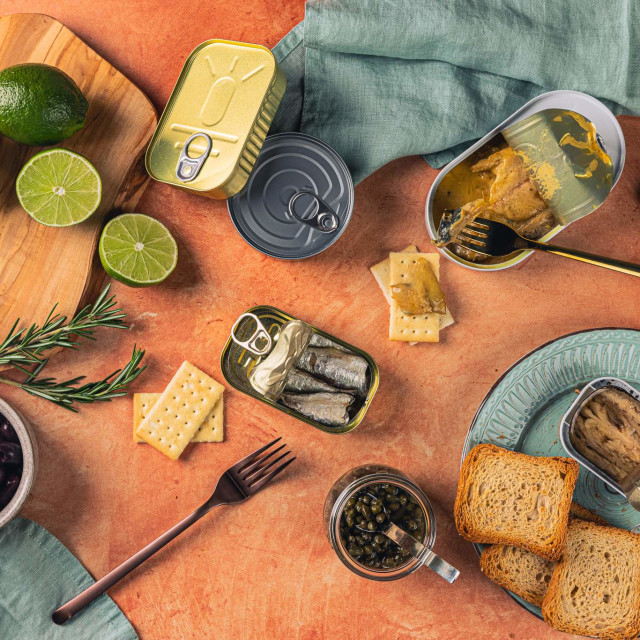Onion
 |
|
Onions were placed in the tombs of Egyptian Pharaohs and revered as a symbol of eternal life. |
See also vadalia and walla walla onions.
Onions are part of an extended family of vegetables that include garlic and chives as well as the lily.
There are two basic types of onions: green (young) and dry (mature). Green onions are small while the larger mature species will have papery shells and no stems. Mature sweet onions are harvested in the spring and summer while “storage” onions are more abundant during fall and winter.
Varieties
It is possible to find an onion to suit every taste, from milder varieties such as sweet Bermudas to earthy leeks and pungent yellow mature bulbs.
Onions go by many names: some are indications of where they are grown, such as Vidalia (Georgia), Walla Walla (Washington), and Maui (Hawaii). You can also choose among smaller bulbs such as pearl and shallots.
Buying Tips
The onion bins are full of “bad apples,” so it is important to be picky. For larger varieties, look and feel for moldy or mushy spots. Stalk onions should have bright green, undamaged stems. Sprouting on any species indicates age and may be bitter.
Both spring and storage onions will be:
- white, usually sweeter and good for a sauté.
- yellow, adds bold flavor to hearty casseroles and soups.
- red, the perfect accompaniment when sliced or diced and added fresh to any meal.
The outer skins of spring onions are lighter in color; storage onions are darker and the papery layers are thicker.
Scallions are milder than green onions and are not bulb-shaped on the end.
Storage Tips
Keep “regular” onions in a mesh bag and in a dry, cool place. Air circulation is critical to their longevity. Sweet onions may last about two weeks while storage onions can last as long as two months.
Any onion that is kept cool and moist in a commercial produce section should be refrigerated. Place in plastic bags for extra freshness.
Usage Tips
Sulfur is the culprit behind watery eyes. There are several ways to combat tearing, but refrigerating an onion for an hour beforehand may be the most practical.
There are many ways to prepare onions:
- Sauté
- Grilled
- Sweating
- Caramelizing
- Frying
- Baking
- Boiling
Too much heat will make an onion bitter. When sautéing especially, cook over a low heat.
One medium onion is required to make one cup chopped.
Onions can be frozen, blanched or not, but should be sliced or chopped first.
